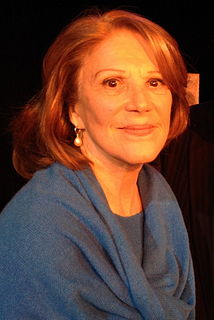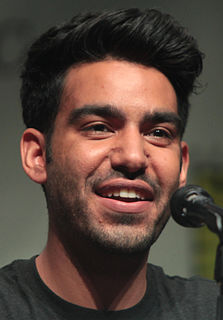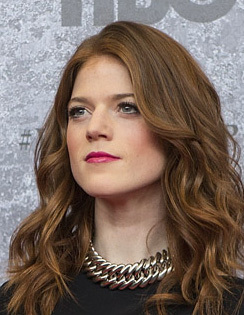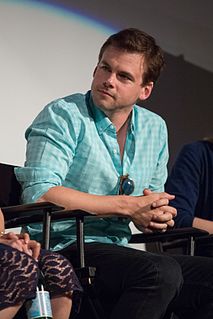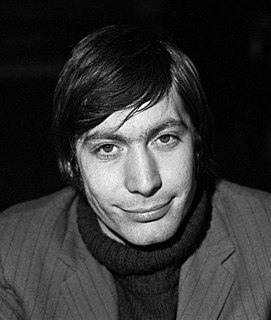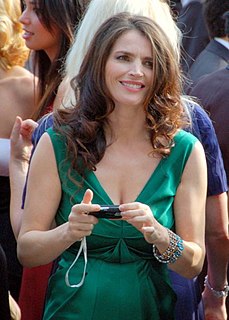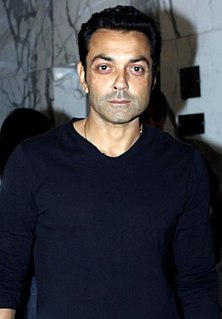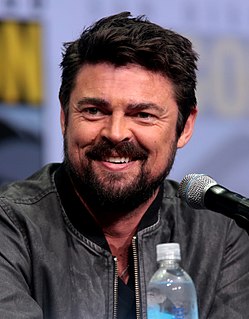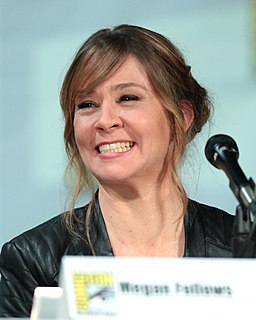A Quote by Linda Lavin
Making a film of a work you've played for six weeks gives you intimate knowledge of the character. By the time you go in front of the camera you've worked out the behavior and life of a character.
Related Quotes
Working on camera is a different ballgame in the sense that it's far more intimate work, but the basics and the foundations of being able to create something that isn't necessarily your own instincts - is a character that you have inside your head - whether you're talking about television or film or theater, that still has to be the grounding work.
This is a corny actor thing to say, but the first step is that you can't judge the character that you're playing. If it's built in three-dimensional fashion, you'll just play a character who's going out and seeking the best version of their life that they can find. That gives the character an accessibility that everyone can identify with.
When I work on a film, you know, I try to get or inhabit the body of the character -from the vision of the directors or how i think the character should be - so if it's a film like SPEED, you hit the gym, you get to do some, train with SWAT People, hehe, but in general, I'm really focused and dedicated, and then in regular life, I don't go to the gym as often.
Whatever character you play, whatever film it is, whatever story it is, for me, in my training it's always something that gives you a layered character, it's understanding the secret of that character, and so whatever comes up as "Oh, I thought that person was that," you are always carrying that within you. So actually what you're playing all the way through is both and it's just what comes out in the scene or the circumstance.
The first thing that happens is the cleansing of the former character. I don't think a lot of actors talk about it, but there is usually a process where you essentially purge yourself of the character played prior to the movie. Then you want to think about what the character represents, and you write down all of the elements about this character and then take the time to find some synchronicity and start breathing the character.
